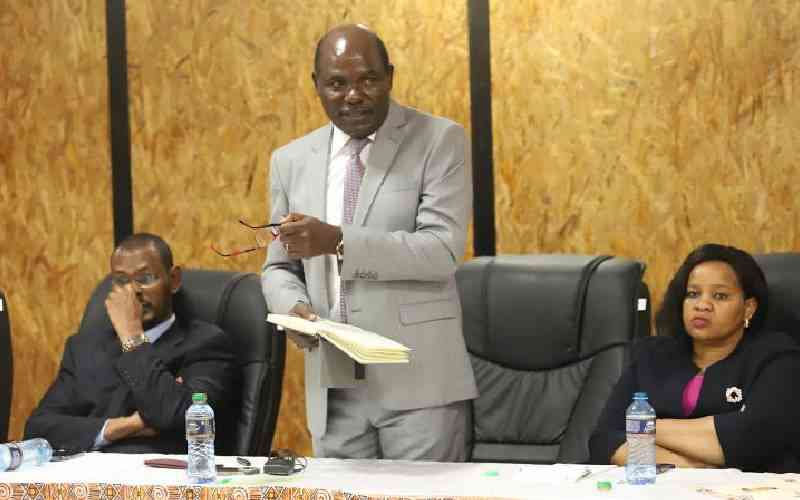×
The Standard e-Paper
Smart Minds Choose Us

On October 21st 2022, President William Ruto notified the public of impending vacancies in positions of chairperson and two members of the Independent Electoral and Boundaries Commission (IEBC).
Their six-year non-renewable term lapses on January 17th 2023. According to the IEBC Act, the process of replacing a chairperson or an IEBC member commences at least six months before the lapse of their terms or within 14 days of the declaration of the vacancies, with the appointment of a selection panel by the president.